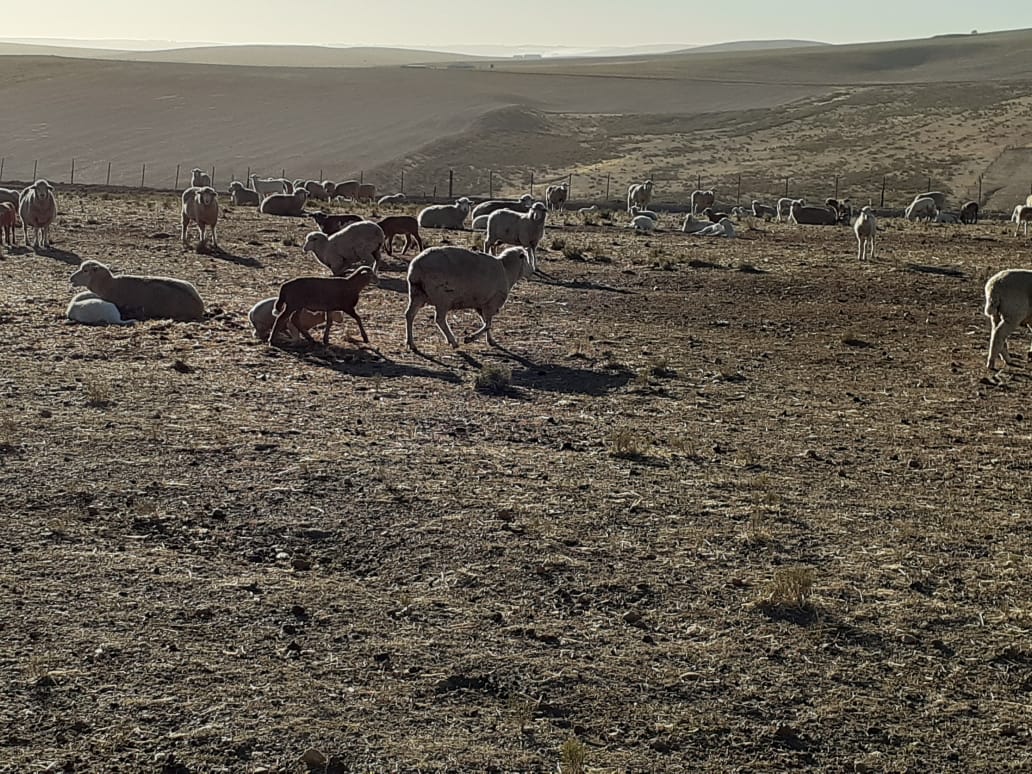Two and a half years ago the Western Cape Province had the worst water shortage in 113 years. As we enter the winter of 2020 farmers hopes are high that the Western Cape rainfall are close to the yearly average of 464 mm, but it is too soon to tell. If the drought in the Western Cape continues farmers will feel the financial pressure and so will the rest of South Africa.
The last decent rainfall was in 2014 with a yearly total of 600 mm followed by 2015 witch only had an average of 390 mm and 2016 and 2017 dropping to a mere 150 mm. 2018 saw some light with a rainfall of 502 mm and a better rain season in 2019 just under 700 mm. Although 2019 had good rain throughout the year , it was mainly showers in short periods of time, not giving the soil enough time to suck it all in and saturate the underground water veins.
Impact of Drought in Western Cape
We cannot fully understand drought without also understanding its impacts, which can affect all parts of our environment and our communities. Understanding drought conditions, societal vulnerability, and their related effects on one another provide us with historical lessons that can aid in dealing with future drought conditions.
Droughts can also impact peoples health and safety: Drought can lead to depression about economic losses, conflict in the case that there is not enough water, could create unemployment, higher incidents of heat stroke, cause fires and even loss of human life.
Droughts affects the livelihoods of millions of people in Western Cape and South Africa. This reflect on crop and livestock production driving up prices of meat and shelf products. Drought conditions frequently require government intervention if the form of food relief, often supported by large
amounts of donated food aid.
Everyday products you buy on the shelf are 88% of farming and agriculture produce so one can only imagine the impact a drought can have on a country.

What can I do to help in a Drought?
South Africans still need to be responsible and comply with water restrictions even if, in some areas restrictions are lifted. Always consider your water usage and keep usage to a minimum.
- Close the tap while brushing your teeth
- Shower rather than bath and keep it short
- If you really need to water your garden do it early in the morning
- Use recycled kitchen and bath water to water plants.
- Wash your vehicle from a bucket
- Report water leaks in your area
Join our Facebook Page Farming Life South Africa
Back To Home Page Farming South Africa
Keywords for this post:
Drought in Cape Town 2020
Drought in Western Cape
Drought in South Africa
Farming in Drought
Farming South Africa

